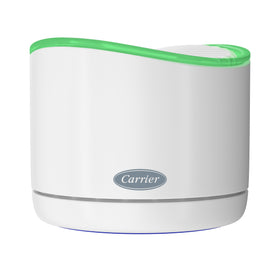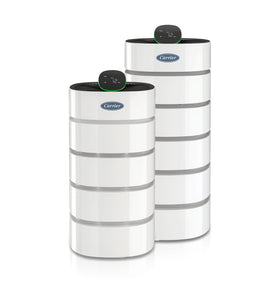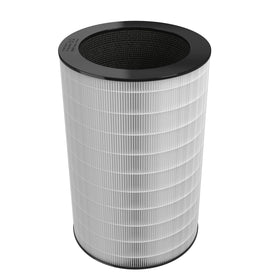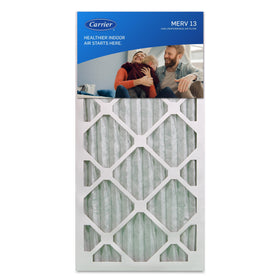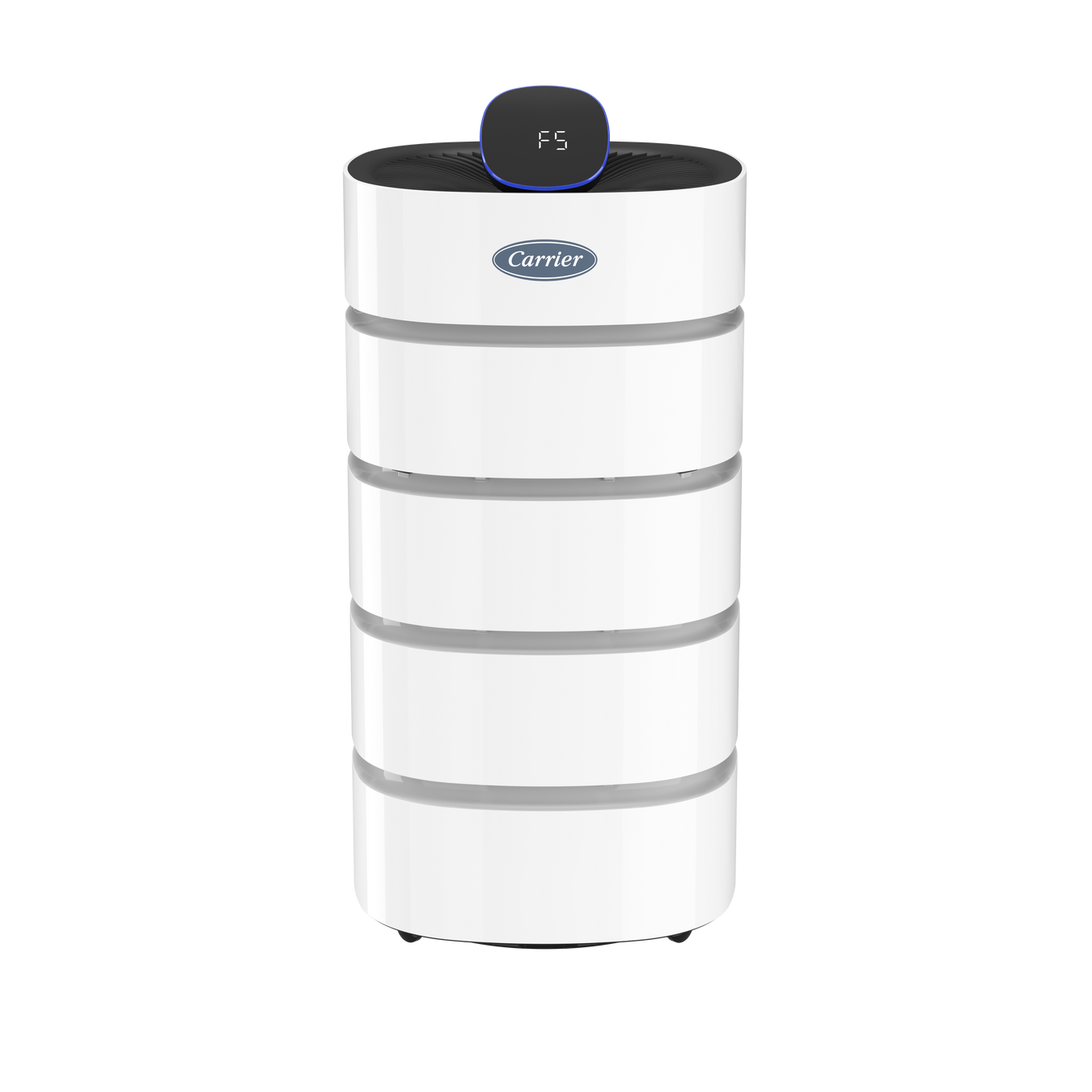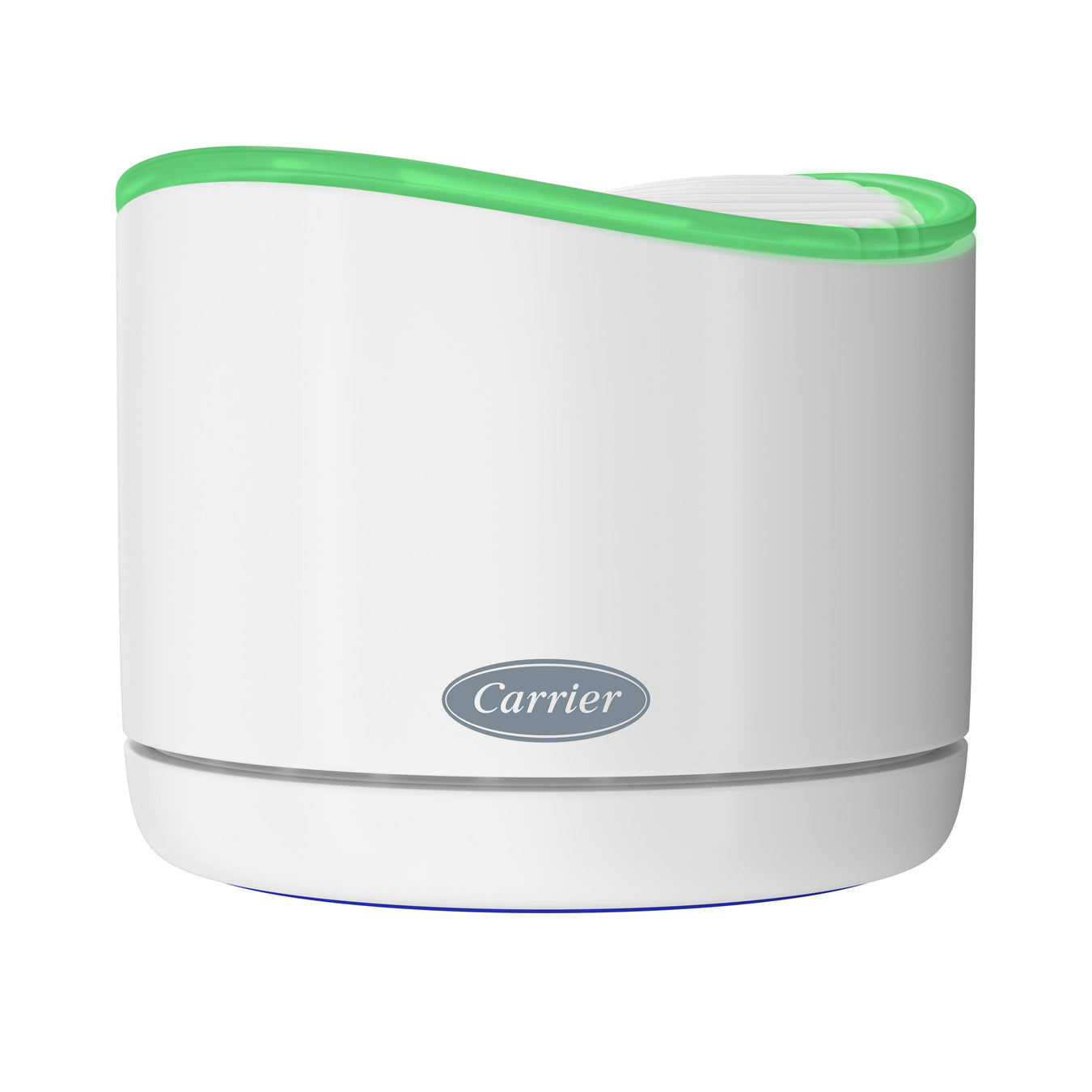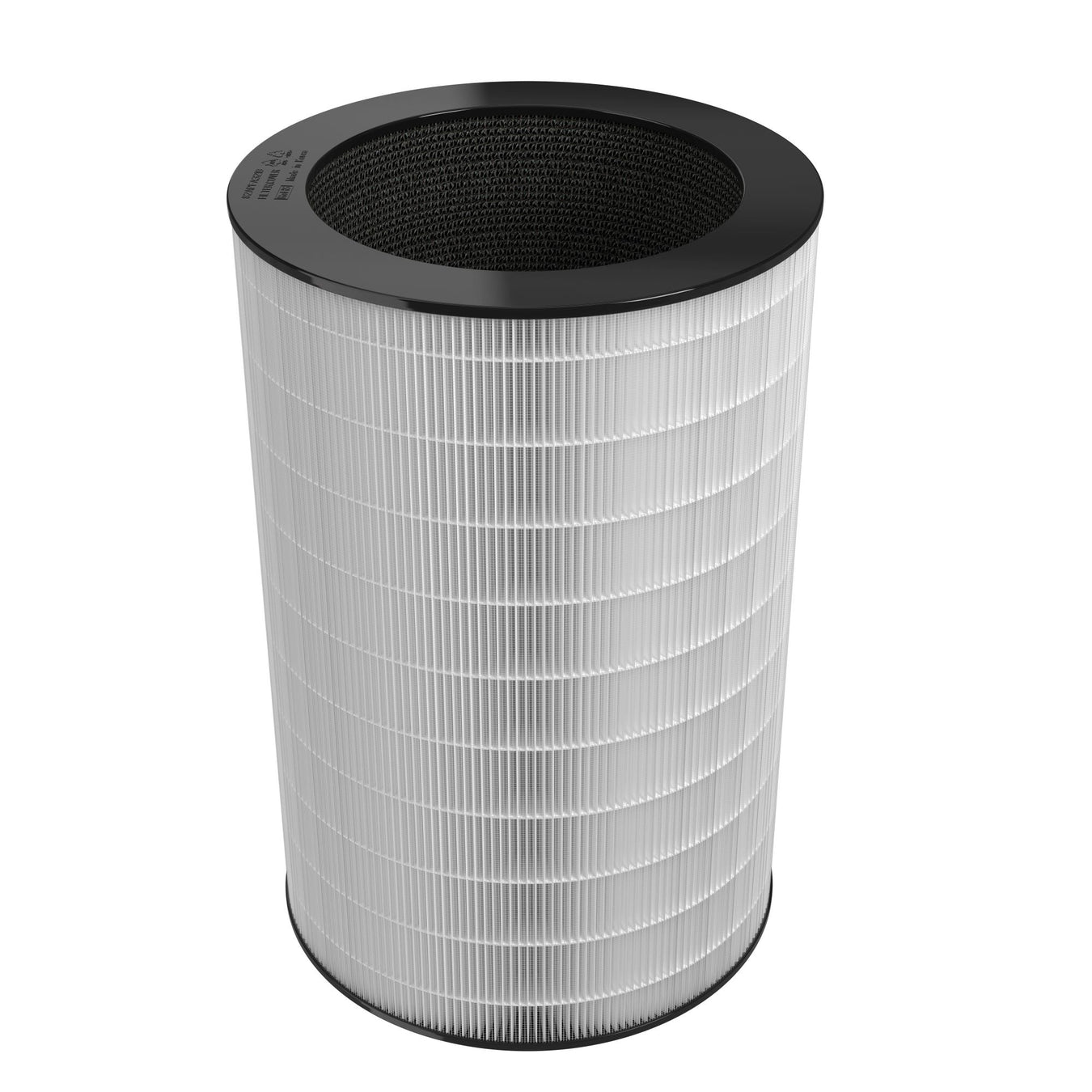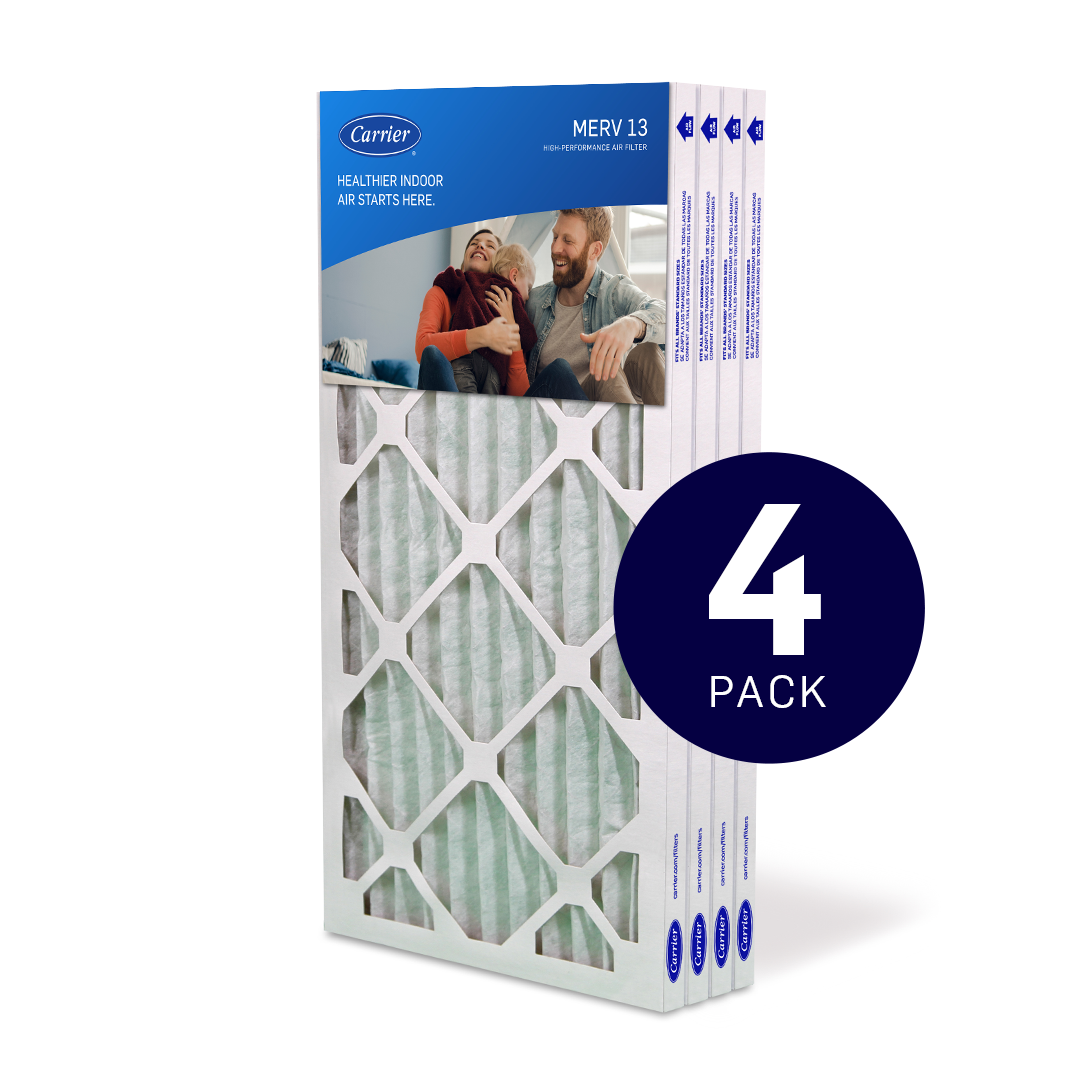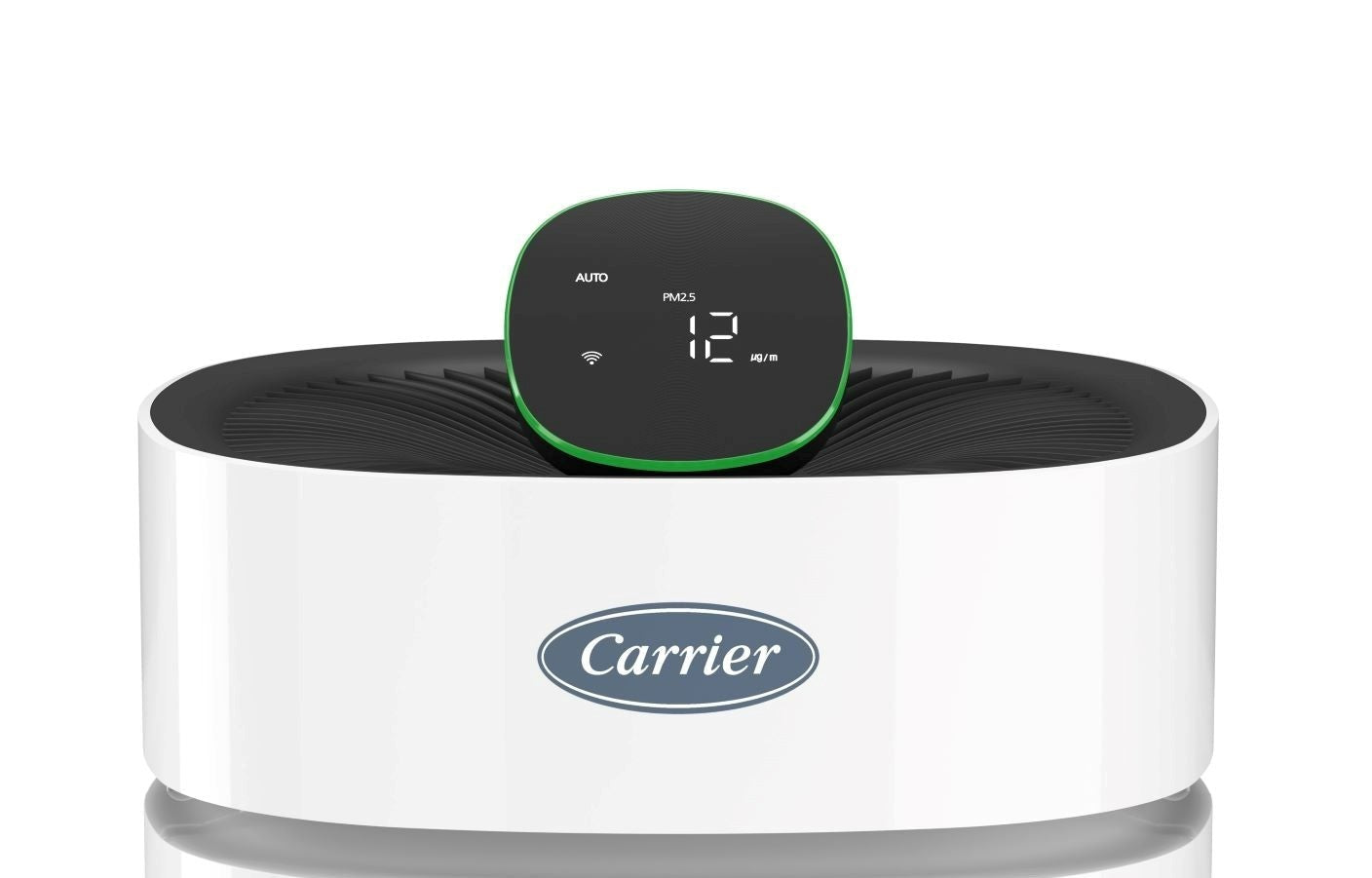
How To Use an Air Purifier?
Of all the appliances, tools and gadgets found within the average American household, you’ll find that one of the most powerful, efficient, and simple to use is an air purifier. Air purifiers work to deliver clean air, providing a healthier home environment in the room where the device is placed. Whether they’re HEPA type or more basic models, air purifiers work around the clock and only require the most minimal effort to maintain. They also do not consume very much power. For these reasons, we think the humble air purifier is a great choice for households who look for a simple and easy solution for targeted spaces.
In this article, we will discuss how to use an air purifier, how to maintain yours and how they can help you live a healthier lifestyle when you’re in your home (and let’s face it: that’s a significant amount of time these days!)
First, the basics. Air purifiers require very little care. They can be placed anywhere in your home but are especially useful in highly trafficked areas such as living rooms and bedrooms. They come in all shapes, sizes, and filtration strengths, so it’s important to understand some of their basic features, which we’ll discuss.
Learn more about where to place an air purifier here.
What Are Air Purifiers Good For?
So, what are air purifiers good for, anyway? In short, air purifiers do one job and they do it well: they help improve indoor air quality. Studies have shown that using an air purifier in your home can help improve “at least one measure or marker of improved health outcome.”1 A few examples of those health outcomes or markers “include allergy and asthma symptoms and several markers of cardiovascular effects … associated with exposure to [particulate matter].”1 Some units use HEPA air filters, others use activated carbon filtering, and some even combine both technologies for a one-two punch of air purification and odor control.
They also:
- Help reduce airborne dust: Dust is a mixture of pollen, clothing fibers, and dead skin cells. Air purifiers trap these particles and filter them from the air in your home.
- Help filter pet dander: Pets are wonderful, but they shed hair and dead skin cells, even with a rigorous grooming practice. These allergens build up in your home’s air, which can lead to sneezing, coughing and other unpleasant reactions. Air purifiers also help to trap pet dander, allowing you to breathe easier.
- Generally, improve indoor air quality: An air purifier works behind the scenes to keep your home’s air quality cleaner and healthier, something that’s especially important to those with pets, children and those who live in areas prone to wildfires and heavy pollen seasons.
Want to learn more about which air purifier is the best choice for your home? Visit Carrier’s page on HEPA filter and activated carbon filtering air purifier products designed to help improve indoor air quality. Learn more about air purifiers for allergies here.
Air Purifier Uses
So, what are some air purifier uses we commonly see? Quite a few, actually. Let’s take a closer look at how people may benefit from adding air purifiers into their homes:
- Pet dander: Even the most well-groomed cats, dogs and other household pets can shed fur and dead skin, causing irritation to human respiratory systems. An air purifier that combines HEPA filtration with activated carbon filtering will not only help reduce pet dander, but also help capture the odors associated with pets or litter boxes, which produce both dust and not-so-pleasant smells.
- Asthma symptoms: As we mentioned above, using an air purifier in your home help improve certain health markers including asthma symptoms.1
- Allergy symptoms: While air purifiers don’t treat allergies, they can filter indoor air pollutants and other particles known to cause allergies symptoms. Additionally, it’s important to understand that an air purifier isn’t a silver bullet but can go a long way to improve your indoor air quality along a multi-pronged approach that includes air cleaners, reducing the source of pollutants and improved ventilation.2
- General air purification: Whether we’re talking about cleaning products, fibers or other airborne pollutants, there are a lot of irritants that can intrude into your home without you realizing it.
- Smoke reduction: HEPA filtration works to trap smoke particles, and this goes for smoke generated by home fireplaces as well as wildfires.
- Peace of mind: Even those who do not have pets or suffer from allergies will rest easier knowing that they’re better protected from airborne particles that contain irritants.

As you can see, air purifiers serve a number of practical purposes for homeowners, apartment dwellers, restaurant visitors, office workers and businesses. Shop Carrier air purifiers to find your match.
Can I Use an Air Purifier With My Air Conditioner?
Air conditioners and air purifiers serve two very different purposes, but there is a little bit of crossover, as you’ll see. Air conditioners work to cool the air in your home, while air purifiers work to clean that air. Both systems use filters to help remove impurities, but a room air purifier can be used to target the air quality in a specific room. Air conditioners may only run when a certain temperature threshold is reached. As well it’s important to know that typically, most HVAC systems cannot accommodate HEPA filters, considered the best in class for air purification. Because of their high filtration level, HEPA filters often restrict the airflow too much and most residential systems can't handle that level of filtration. This gives another great reason to have one or more air purifiers alongside your HVAC system.
So, if you’re still wondering, “can I use an air purifier with my air conditioner,” the answer is absolutely, yes. They will each serve their own purpose.
Should I Run My Air Purifier All the Time?
Yes, you can run your air purifier all the time. Dust, pollen, smoke and other irritants do not take breaks, and neither should your air purifier.
Most air purifiers are relatively portable, meaning they can be moved from room to room simply by unplugging them, plugging them back in and letting them go to work. If your air purifier is in your bedroom and you’re concerned about the noise level while you sleep, many air purifiers can be set at a lower fan speed to help reduce noise. If your air purifier is in your bedroom, you can also use it as white noise to help you fall asleep.
If you’re worried about your electricity bill with a device constantly running in the background, you may want to keep reading. Considering that an air purifier is similar to other small appliances, the added cost of running the air purifier all the time is generally minimal. Some air purifiers like Carrier air purifiers even earned the ENERGY STAR. To qualified they met strict energy efficiency criteria. The added benefits of having cleaner, healthier indoor air often outweigh the increase in energy consumption.

Can You Use an Air Purifier Every Day?
Regardless of the season or level of pollen/smoke/dust in the air outside, you can definitely run your air purifier every single day. However, do not forget to turn it off when you are leaving home for extended periods of time (such as a long vacation)
And, as mentioned above, running your air purifier constantly will have very little impact on your monthly power bill, as the power draw is minimal when compared with larger appliances. In the end, the small added cost is well worth it for healthier air and your family’s peace of mind.
Interested in purchasing an air purification system? Shop all Carrier air purifier products online today.
Hopefully, this has shed some light on any questions about how to use an air purifier. If you have any further questions, get in touch with your local Carrier dealer. They will be happy to answer any questions you may have about air purifiers, HVAC filters, HEPA air purifiers and more.
Check out how many air purifiers do I need fore more knowledge.

